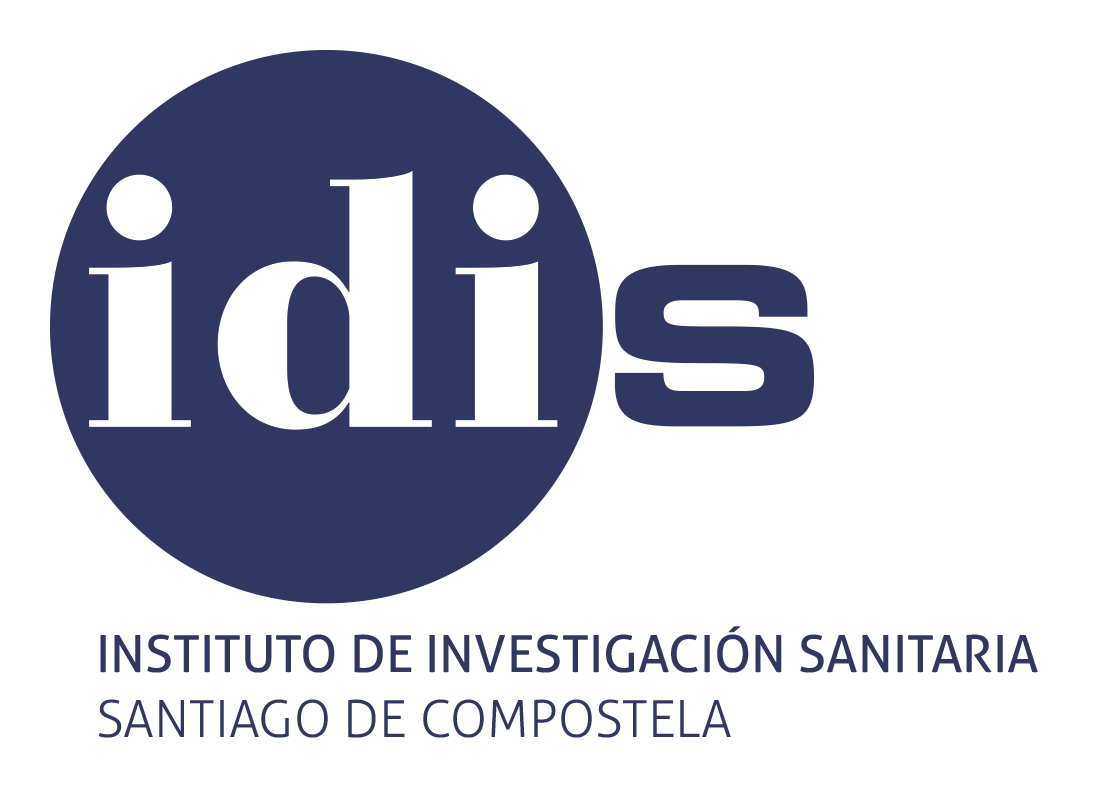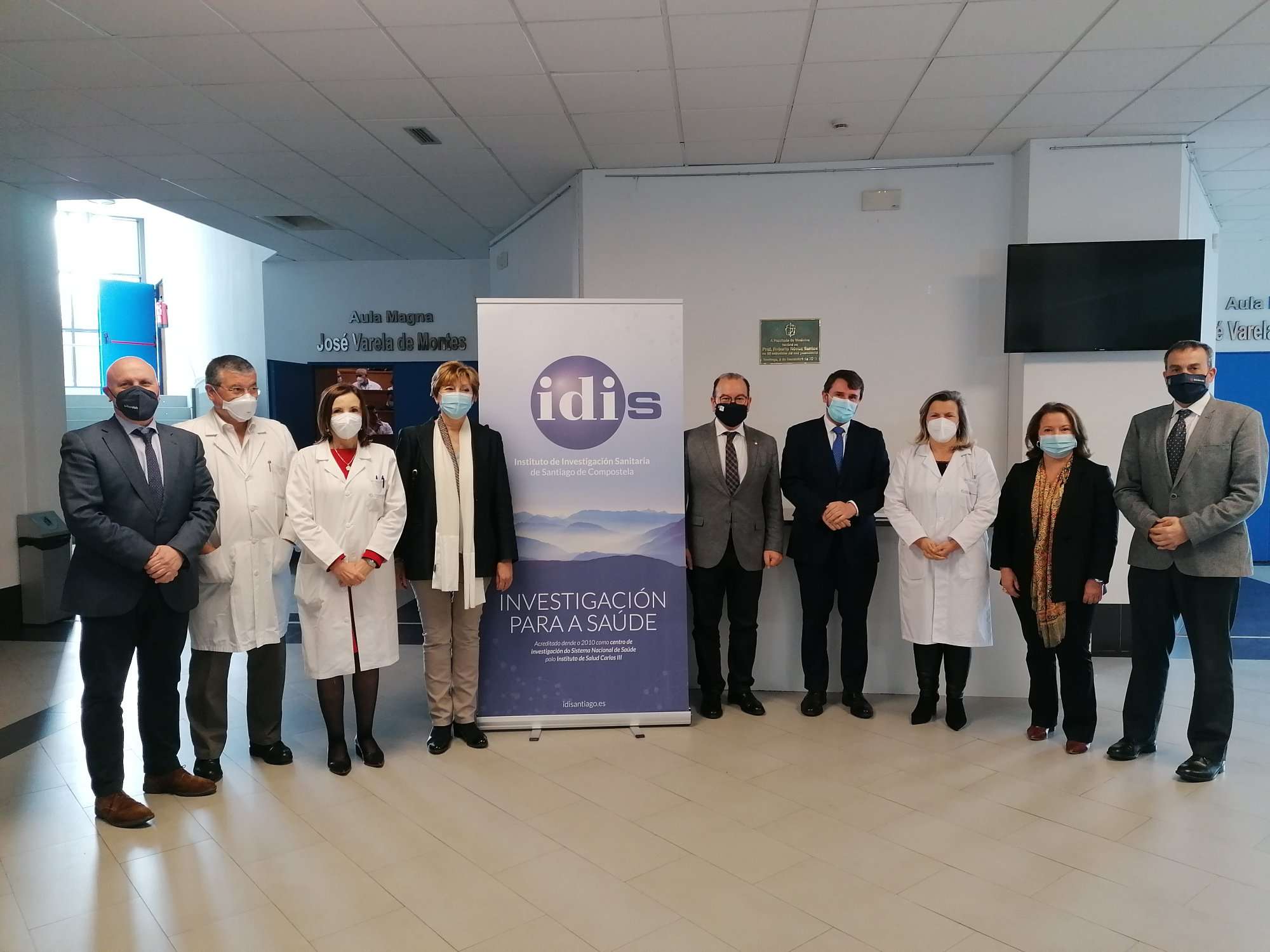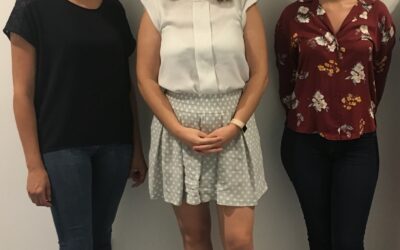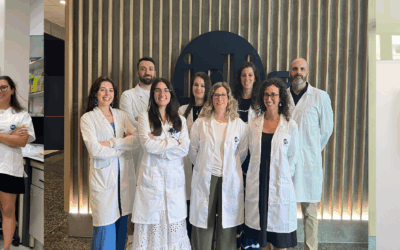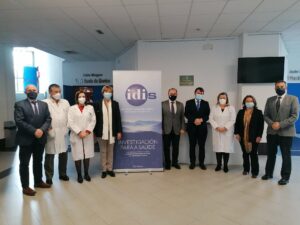
The director of the Carlos III Health Institute, Cristóbal Belda, and the deputy directors of the entity, Pilar Gayoso and Rosario Perona, today visited the facilities and laboratories of the Santiago de Compostela Health Research Institute (IDIS), where they met with representatives of the Sanitary area of Santiago and the USC, as well as the Institute itself; and they held a meeting of the Alliance of Institutes as well as a meeting with researchers from the center in which they learned first-hand about the latest advances achieved by different research groups.
The representatives of the Carlos III Health Institute were received by IDIS researchers and other personalities from the health and teaching fields, including Jorge Aboal, General Director of Health Assistance of the Galician Health Service; Eloína Núñez, manager of the Health Area of Santiago de Compostela and Barbanza; Mª Luz Couce, scientific director of IDIS; Isabel Lista, director of the IDIS Foundation; Antonio Fernández-Campa, director of the Knowledge Agency in Health; Antonio López, rector of the USC; Vicente Pérez, vice-rector for research at USC; and Julián Álvarez, Dean of the USC Faculty of Medicine.
During the visit to IDIS, the director of the Carlos III Health Institute, Cristóbal Belda, highlighted the research work of the professionals of this center. “We thank you for the creation of infrastructures that will mark the roadmap for the future of research and for your scientific contribution,” he said.
Eloína Núñez, manager of the Santiago de Compostela Health Area, underlined that “the research task is an inseparable part, together with teaching, of the essence of the Santiago health area and constitutes a fundamental element for our care excellence. As Manager of the Compostelan Public Health and President of the Board of Trustees of the Santiago Health Research Institute Foundation, I know very well the great work carried out by the more than 1,100 IDIS researchers, reflected in the numerous successes and articles they publish each year. The strong growth that it experiences, not in vain the fundraising for IDIS research multiplied by 5, is an unequivocal symptom of the strength of medical research in Compostela”.
In other hand, Antonio López, chancellor of the USC, pointed out that “the convergence in the IDIS of three institutions and entities such as the University of Santiago, the Galician Health Service and the Carlos III Health Institute is an excellent example of synergy in favor of improving people’s quality of life. We are three organizations with missions and personalities capable of finding a meeting point that helps to highlight our individual strengths as effectively as possible and, above all, to put them at the service of society”.
The visit took place after the publication of the new Strategic Health Action of the State Plan for Scientific, Technical and Innovation Research 2021-2023, which this year has more than 144 million euros to finance biomedical and health research in Spain. Currently, the calls for grants and the support lines of the Carlos III Health Institute finance 25% of the research projects carried out by the IDIS groups.
Challenges and objectives of IDIS
The scientific director of IDIS, María Luz Couce, spoke to the directors of the Carlos III Health Institute about the present and future of the institution, with a focus on the objectives and challenges that have been set since she has been in charge of the entity . “IDIS is in a period of growth in which it is intended to promote translational research by promoting collaboration between clinical and basic researchers,” he explained.
Looking to the future, IDIS aspires to improve the quality of its services and platforms by accrediting them and to promote the transfer of results through the development of spin-offs. In the short term, the Institute intends to establish new strategic alliances, promote its brand image and improve and expand its infrastructures with the aim of creating an integrated and attractive space for conducting excellent science.
